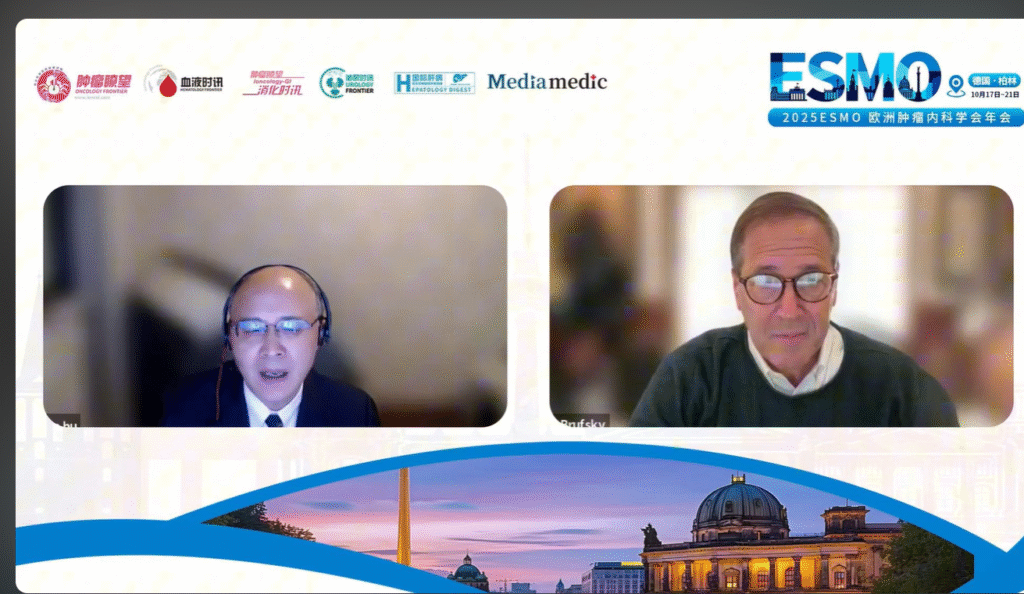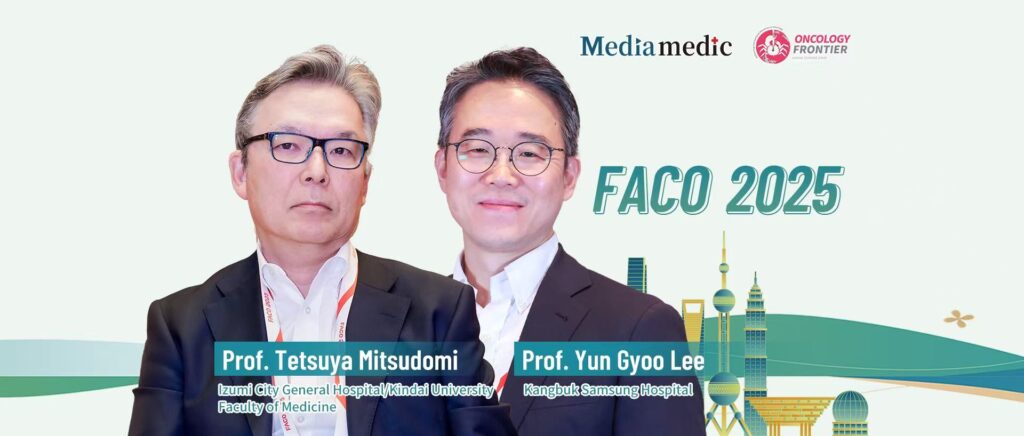At the 2025 ESMO Annual Congress, the long-term follow-up results of the GeparNuevo trial (Abstract #292MO) were presented. The data showed that although durvalumab combined with neoadjuvant chemotherapy did not significantly improve the pathological complete response (pCR) rate, it significantly prolonged survival outcomes, including invasive disease-free survival (iDFS), distant disease-free survival (DDFS), and overall survival (OS). Notably, among patients who achieved pCR, the 7-year OS rate reached 100% in the durvalumab group, suggesting that immunotherapy may provide long-term benefits through sustained immune surveillance. Oncology Frontier invited Professor Zhang Juliang from Xijing Hospital, Air Force Medical University, to comment on these findings and discuss strategies for optimizing immunotherapy in early triple-negative breast cancer (TNBC).









